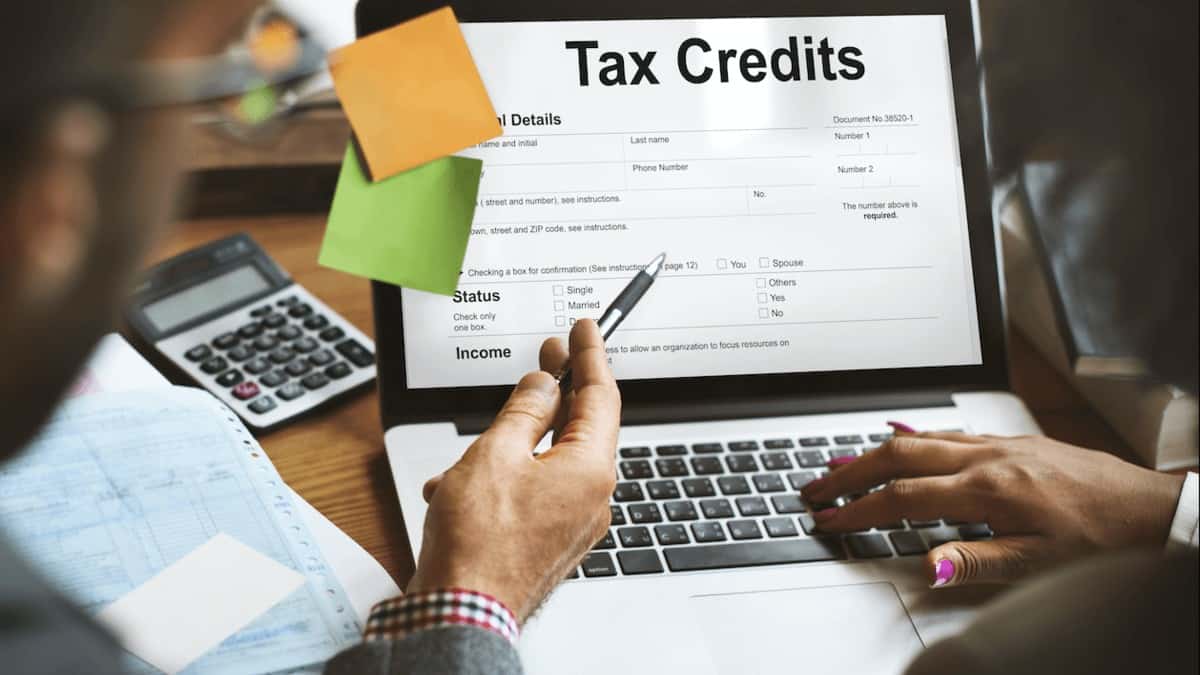After the Inflation Reduction Act‘s recent standards revisions, numerous electric vehicles have been disqualified from the new federal tax credits.
However, Life Hacker suggests that customers can still receive the EV tax credit if they lease instead of buy.
Undeniably, the dealerships are the ones that profit from the tax credit provided by leasing. However, some dealerships have already improved lease terms to pass those savings directly to customers.
How does it work?
The article explains that the loophole is possible with the IRA’s standard that defines leased vehicles as “commercial.” In essence, commercial vehicles are not within the scope of similar stringent standards as directly bought EVs.
Therefore, many dealerships provide some type of “cash back” incentive for eligible EVs. For instance, Kia offers a $7,500 credit on 2023 EV6 leases, while Hyundai offers a $7,500 lease incentive on IONIQ 5 SE.
It must be noted that every transaction is bound to particular conditions. Customers must look into their alternatives if they desire to use the lease credit.
Remember that even while dealerships receive these tax benefits on leasing, they are not obligated to pass them along to customers. However, that does not mean customers cannot gain from it.
How to gain eligibility for the $7,500 tax credit?
Customers must first know they can qualify for the $7,500 tax credit by leasing from the dealership. They can use this knowledge to negotiate down payments and lease terms.
Some dealerships even declared willingness to directly give the lease incentives to customers, including the following:
| Automaker | Answer | EV Models |
| BMW | Yes, for some models | BMW iX, BMW i4 |
| Genesis | Yes, “more attractive lease pricing” | Genesis GV60 |
| Hyundai | Yes, at all Hyundai EV dealers | Hyundai Ioniq 5, Hyundai Ioniq 6, Hyundai Kona EV |
| Kia | Yes, through Kia Finance | Kia EV6, Kia Niro EV |
| Lucid | Yes, always has, will continue to | Lucid Air |
| Mercedes | Yes, on all EQ models | Mercedes EQS (and EQS SUV), Mercedes EQE, Mercedes EQB, EQE SUV and eSprinter later this year |
| Nissan | Yes, Ariya only | Nissan Ariya |
| Polestar | Yes, until May 1 (will likely be extended) | Polestar 2 |
| Porsche | Yes, since mid-January | Porsche Taycan |
| Rivian | No. Rivian does not yet offer leasing. | |
| Subaru | Yes | Subaru Solterra |
| Tesla | Has acknowledged workaround, but hasn’t announced lease discount | |
| Toyota | Yes, in form of “rent charge factor” reduction on leases | Toyota bZ4X |
| VW | Yes, incorporated into lease offer | Volkswagen ID.4 |
It must also be noted that the IRS is still revising the form to gain the tax credit, so this loophole may also soon be unavailable.
Leasing benefits
Leasing EVs immediately reflects the savings customers gain on their monthly bills. Unlike buying, they must request a rebate on their tax return the following year.
Furthermore, Customers who want to lease an EV are also not subject to wage or price constraints, unlike those who choose the purchase option.
At the end of the lease, customers might also have the opportunity to purchase the car at a reduced cost. In that case, customers may secure the EV at a lesser price owing to the current lease’s improved terms.
See Also:
- Electric vehicles that qualify for the federal tax credit of up to $7,500
- 6 EV-makers disqualified from tax credit of up to $7,500 due to new battery sourcing requirements
- Here’s how much money you can get with the Inflation Reduction Act
- The US EV battery sector might gain $100 billion from the Inflation Reduction Act
- Tesla expects to meet the requirements for the Inflation Reduction Act fully
Indeed, these incentives and tax credits offered by the government can boost EV uptake as more customers are encouraged to make the shift.

